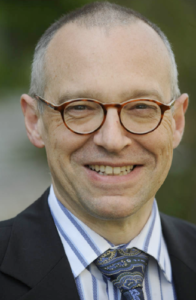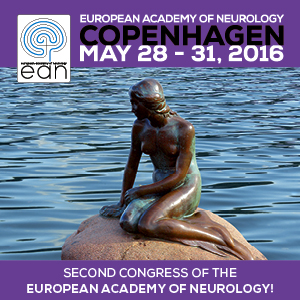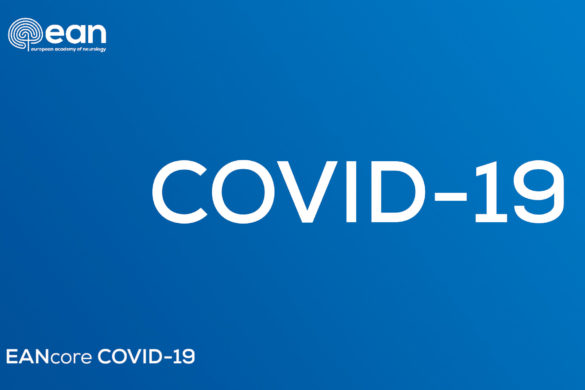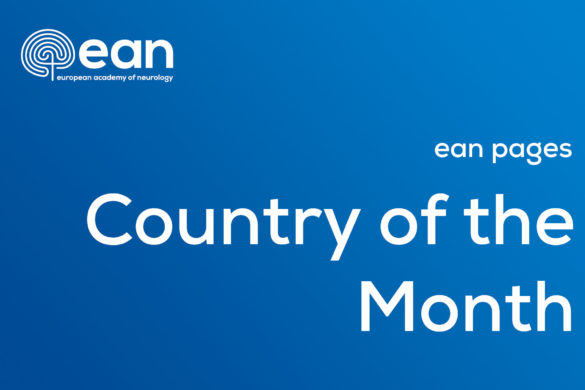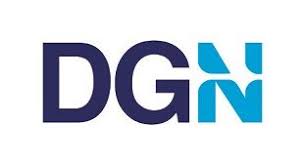Professor Patrick Cras
UEMS – Union Européenne Médecins Spécialistes – Section of Neurology (SN)
http://www.uems-neuroboard.org/web/
Dear Prof. Cras, I congratulate you for your election as Chair of the UEMS Section of Neurology.
David B. Vodušek (DBV): It is felt that many European neurologists may not be fully aware of the role of UEMS in general, and the distinctions between SN UEMS and EAN, would you offer your explanation to the readers of the EAN Pages?
Patrick Cras (PC): Union Européenne des Médecins Spécialistes, also called European Union of Medical Specialists (UEMS), was founded in 1958, shortly after the founding of the European Common Market. Those of us who feel inspired by the European project will agree that professional standard setting and continuing professional development has an international dimension. From its conception, UEMS has been active in many issues at EU level such as the consolidation of the ‘Doctors` Directive’ into the Directive on the recognition of professional qualifications. UEMS also impacted on other matters such as the organization of working time and the safety and mobility of patients. In essence, UEMS section of neurology (SN UEMS) is a professional organization, not a scientific neurological society like the EAN. In this way, there is an excellent complementarity between EAN and SN UEMS.
DBV: How would you define the present position of SN UEMS in the European neurological landscape and what are your plans for the future?
PC: The panel of SN UEMS is composed of neurologists involved in board certification, training and professional organizations. Many of us are involved in government bodies, providing excellent access for neurologists to legislators and regulatory authorities. All of us are advocates for the profession of neurology. We remain involved in the definition and evaluation of the different competencies required to practice. We believe in mobility, both within and outside of Europe, as an important opportunity for the profession. However, facilitating mobility involves discussion with governments and professional organizations in order to guarantee practice quality and patient safety.
DBV: From EAN’s point of view, one of the ambitious and also successful SN UEMS projects has been the introduction of the EBN – European Board of Neurology Exams. What is your message to neurologists in training across Europe?
PC: The first SN UEMS exam was organized by prof. W. Grisold in 2009, the exam in Lisbon will be the 10th edition and is organized by prof. J. Kuks together with a large team of examiners. The exam has known an increased success which is clear from the increasing number of participants first from within Europe but since last year truly from all continents. For some participating neurologists or residents in training, passing the exam is a requirement to practice, for the majority it is sign of excellence. The exam also allows benchmarking of neurologists across many countries. We should strive towards an even broader participation of neurologist practicing both in and outside of the European Union.
DBV: Which are, in your opinion, the other important tasks of SN UEMS?
PC: In addition to the exam, SN UEMS has developed a core curriculum for neurologic training, a definition of the neurology specialty, a training center visitation program. First and most importantly, SN UEMS is keen on collaborating with EAN to organize training and continuous medical education in order to enhance the profession and help prepare neurologists of all ages to pass the exam successfully. Prof. J. Kuks (SN UEMS vice-chair) is a member of the EAN education council and therefore well placed as a liaison in order to collaborate on such programs. We plan to develop our program on accreditation of neurological training sites to enhance mobility of neurologists. Thirdly, SN UEMS is active in many organizations that define the relation with and improve collaboration with other medical specialists.
DBV: There is a long-standing tradition of cooperation between SN UEMS and the European scientific neurological society – first the EFNS, now EAN. This cooperation was quite close on the exam, but never formalized. Now we have a signed MoU. Do you have any specific expectations regarding the SN UEMS EAN collaboration in the future?
PC: The quality of a European exam highly depends on the involvement and expertise of the examiners. We need a constantly evolving thesaurus of questions that reflect the current practice of neurology. Collaboration between EAN and SN UEMS should promote recruitment of exam participants, professionalize the selection and training of examiners and the development of preparatory courses. The collaboration with EAN should also facilitate development of leadership skills in young neurologists, for example when looking for mentorship and training. Recently, SN UEMS has involved successful exam participants as junior examiners. We are looking forward to collaborate with the young neurologist section of EAN, the EAYNT. Even though UEMS has expertise in assessing the quality of an exam we also welcome input of EAN education experts.
Dear Prof. Cras, thank you for this interview and the information on the UEMS Section of Neurology.
We look forward to enhancing this important ongoing cooperation.
David B. Vodušek, Chair EAN Communication Committee

